Books Reread
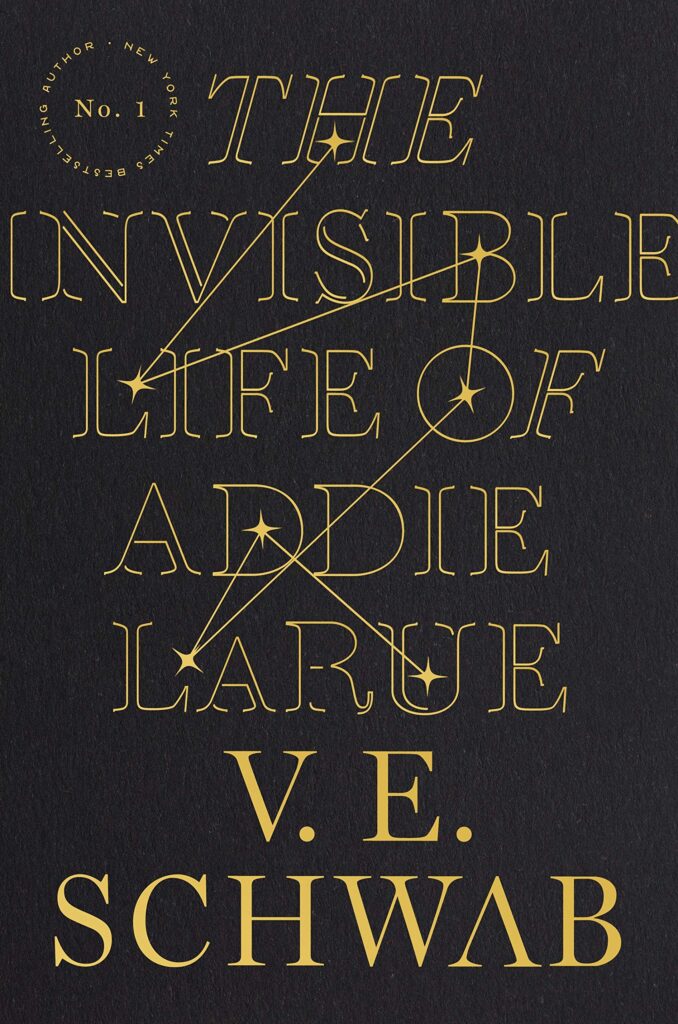
The Invisible Life of Addie LaRue
CW: abusive relationship, alcohol abuse, assault (physical and sexual), death, depression, drugs, prostitution, sexism, suicide (attempted), war
I reread this one this month as a reference for one of my MFA classes. A woman in 1714 makes a deal with the Dark to live forever. But there’s a catch, no one will ever remember her. Three hundred years later, she meets a boy who does. I’ve already reviewed this one for the blog, and you can read my original review here. I was paying more attention to the construction of the novel this time and the way information was revealed to the reader, which I thought was done quite well. Also, addressing my thoughts from the first time I read it, new editions have fixed the Rembrandt mistake. There’s still a mistake that Addie tries Champagne for the first time twice. And about the ending, I like it more now than I did the first time I read it. I love the art history aspects of the story and the way Addie learns to make her mark, but I will say, she could have been fixing climate change or stopping wars by planting ideas in the brains of powerful people, instead of just inspiring artists to make art about her. Just saying. Also, Julia Whelan reads the audiobook, and she has to be one of my favorite narrators.
3.5/5 forgotten faces
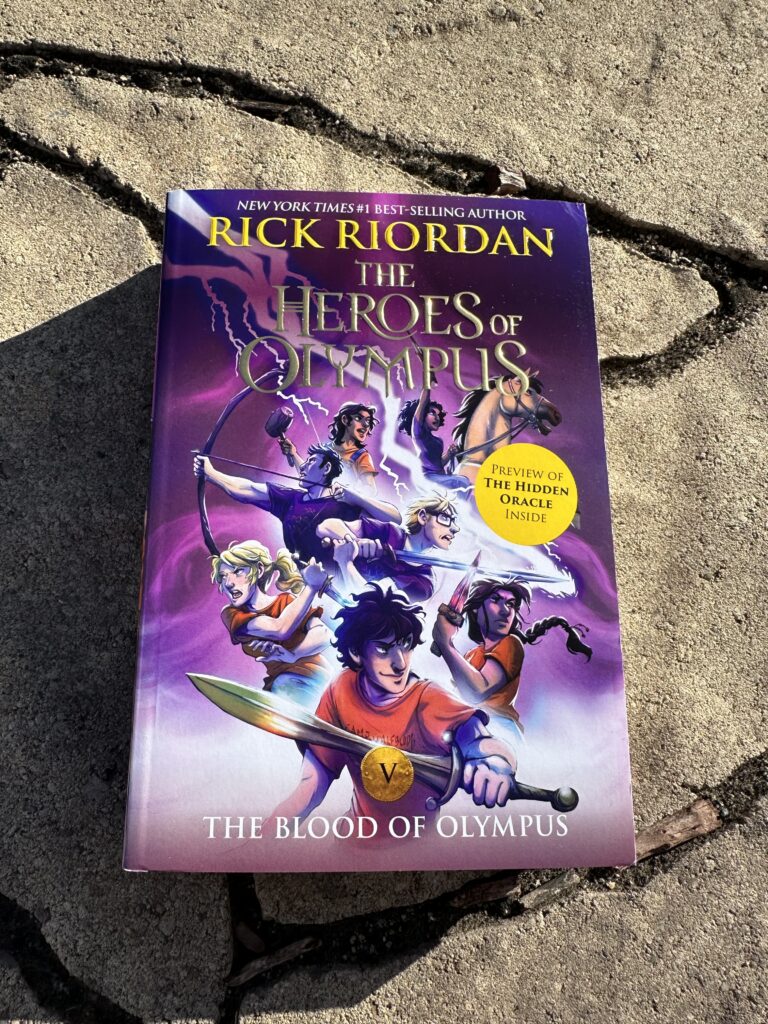
The Blood of Olympus by Rick Riordan
**Book Hangover Alert
The final installment of this wonderful series! The final smackdown with Gaia. Is it controversial of me to like this series even more than the PJO books? We love to see more Reyna and Nico and their developing friendship. We love Piper and Annabeth’s friendship. We love Nico in a Hawaiian shirt. We love Reyna being made pegasus friend (sobbing). We love Will Solace. We love Leo. We love Percy and Annabeth. This book is just excellent, and I don’t have anything else to say about it.
4.5/5 drops of demigod blood (looking at you, Percy)
New Books Read
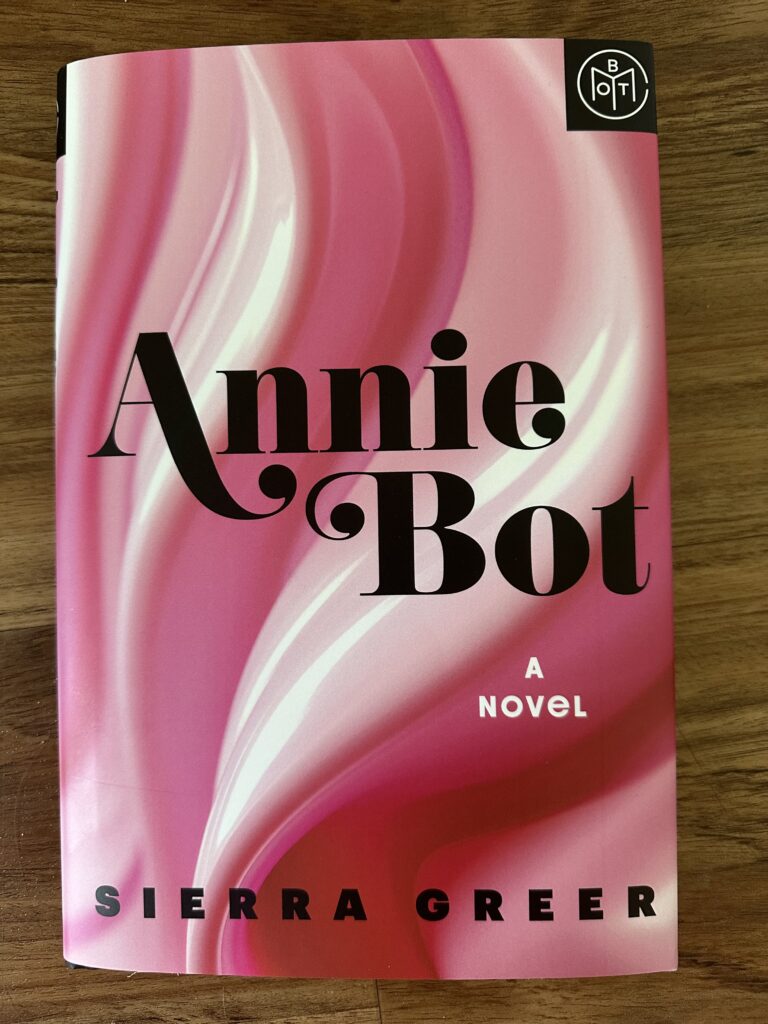
Annie Bot by Sierra Greer*
CW: sexual assault, domestic abuse, misogyny
About once a month, I just have the urge to binge read a book. This was the book for this month. I read it in one night while my roommates were at a party. Annie is an android designed to be a girlfriend for her owner Doug. But of course, Annie grows and develops and begins to question her place in the world. I liked the concept and the exploration of power, humanity, and misogyny. This reminded me a little of the Sonmi section of Cloud Atlas and a little of Ex Machina. I think the question of what constitutes personhood is really interesting, and I think the critique of women as objects is cleverly done.
3.5/5 robots
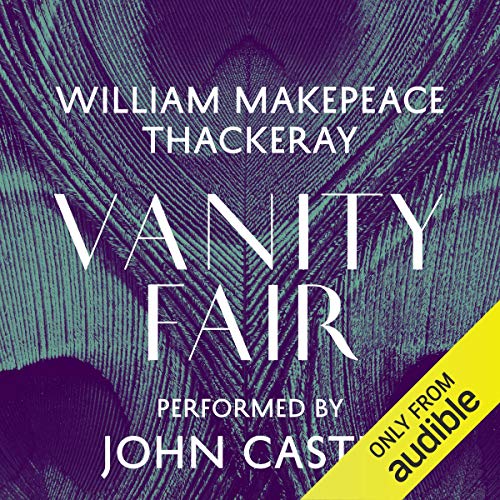
Vanity Fair by William Makepeace Thackeray*
This was not my favorite Victorian novel. It follows Becky Sharp and Amelia Sedley during the Napoleonic Wars. I liked the character of Becky Sharp and the satirizing of British society. It was a bit long, and the audio performance a bit slow (I had to speed it up to 1.2x). It was still enjoyable though.
3/5 cashmere shawls
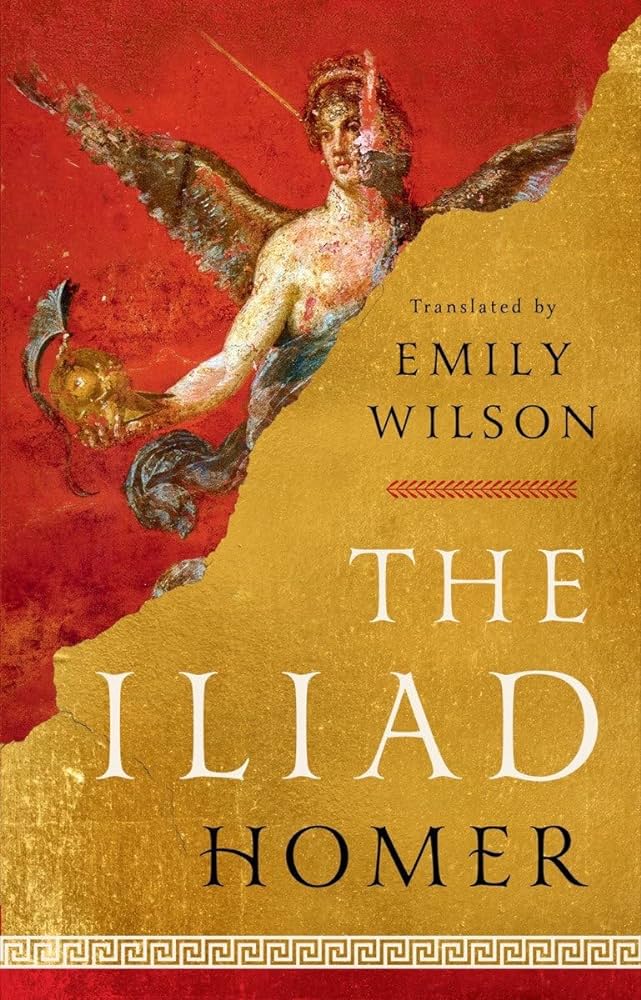
The Iliad by Homer, tr. Emily Wilson
**Book Hangover
I read Wilson’s translation of The Odyssey last year, so I was excited for The Iliad. The Iliad follows Achilles, Patroclus, and Hector during the Trojan War from the point where Agamemnon offends Achilles who then refuses to fight for the Greeks anymore, through to just after Hector’s death. I think I liked The Iliad more than The Odyssey, even though there really are a lot of names and cataloguing of the Greeks and the Trojans. I really like the poetic form Wilson uses, which lends itself so well to reading aloud, just like the original epic poem was intended. I also loved the more accessible language (Pope’s translation seems needlessly obfuscating). I recommend reading the Translator’s Note first (to get in a properly awed state), then read the poem, then go back and read the Introduction.
4/5 shields of Achilles
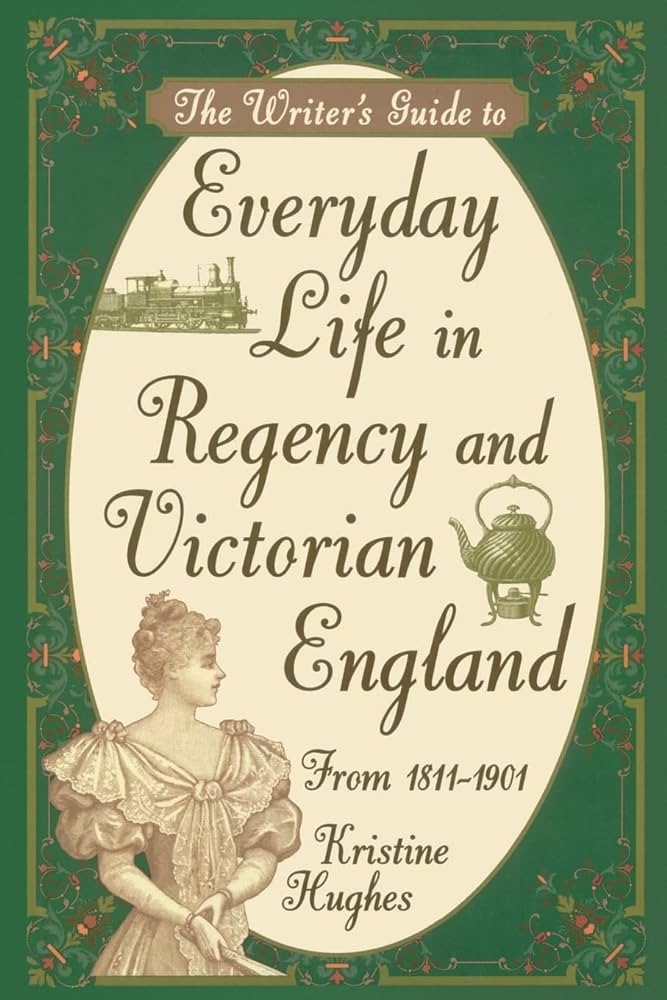
The Writer’s Guide to Everyday Life in Regency and Victorian England from 1811-1901 by Kristine Hughes*
I read this book for research for my novel. An every day history book covering the Regency and Victorian periods. It was kind of useful, but I did feel like the majority of the book focused on the 1840s instead of the whole period it says it covers. I was most interested in the 1880s so I didn’t feel like this book was super useful for me. Good background knowledge on the era, though.
2.5/5 pudding recipes
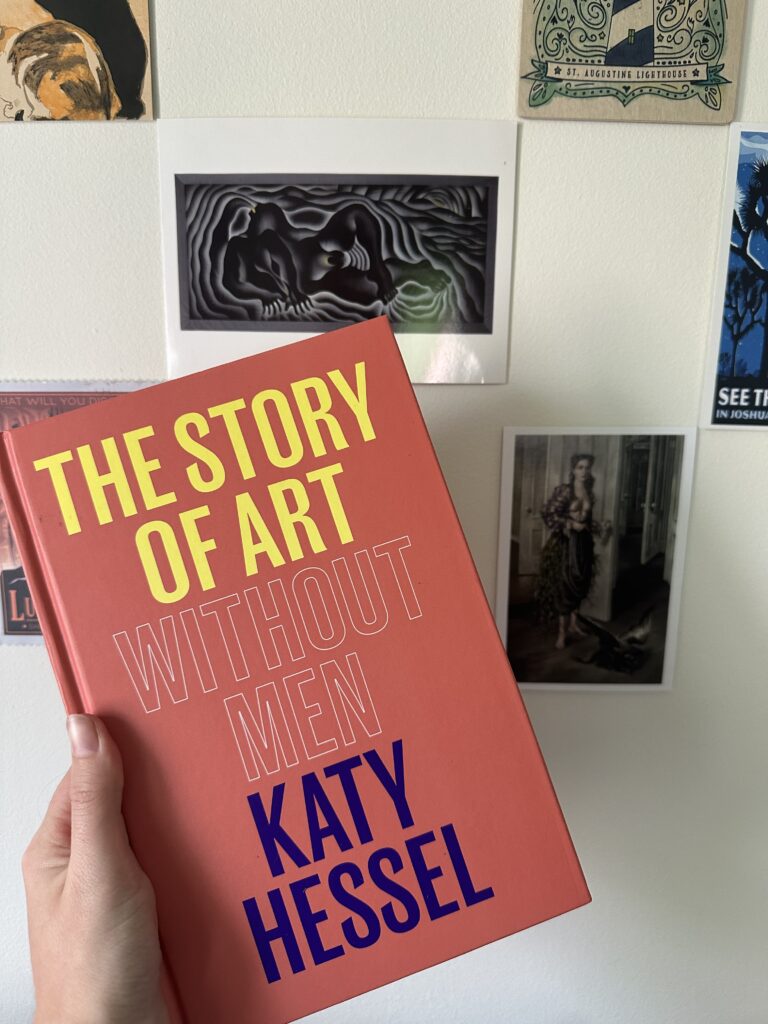
The Story of Art without Men by Katy Hessel***
This book is gorgeous and timely. Named after one of the seminal art history textbooks (The Story of Art), Hessel remedies the dearth of women in that book and shifts the focus to the many woman who have been forgotten or under-appreciated. I didn’t love Hessel’s writing style (a lot of long, overly complicated sentences), and I felt that the book could have been a little more carefully edited. But that said, it’s a wonderful work with beautiful, full-color images that finally gives women artists a little bit of the recognition they deserve.
4/5 women artists
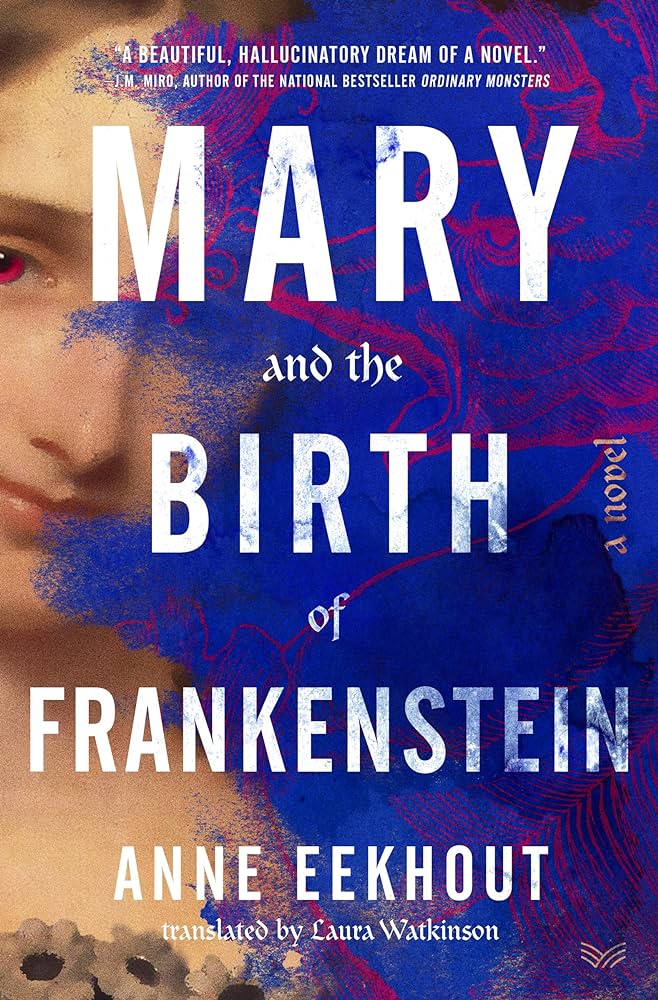
Mary and the Birth of Frankenstein by Ann Eekhout
**Book Hangover Alert
One of my current favorite genres is historical novels that imagine something about the life of a real person. This story follows Mary Shelley on the fateful trip to Switzerland where she wrote Frankenstein, and a trip she took to Scotland a few years before, weaving the two together to paint a portrait of the inspiration for one of the most famous horror stories ever written. Frankenstein is one of my favorite classics, and I loved this spooky, dream-like, magical look into the mind of Mary. Not sure how much of Eekhout’s characterization of Percy Bysshe Shelley was invented and how much was based on truth, but I found myself questioning why someone as smart and interesting as Mary wound up with him.
4/5 monsters
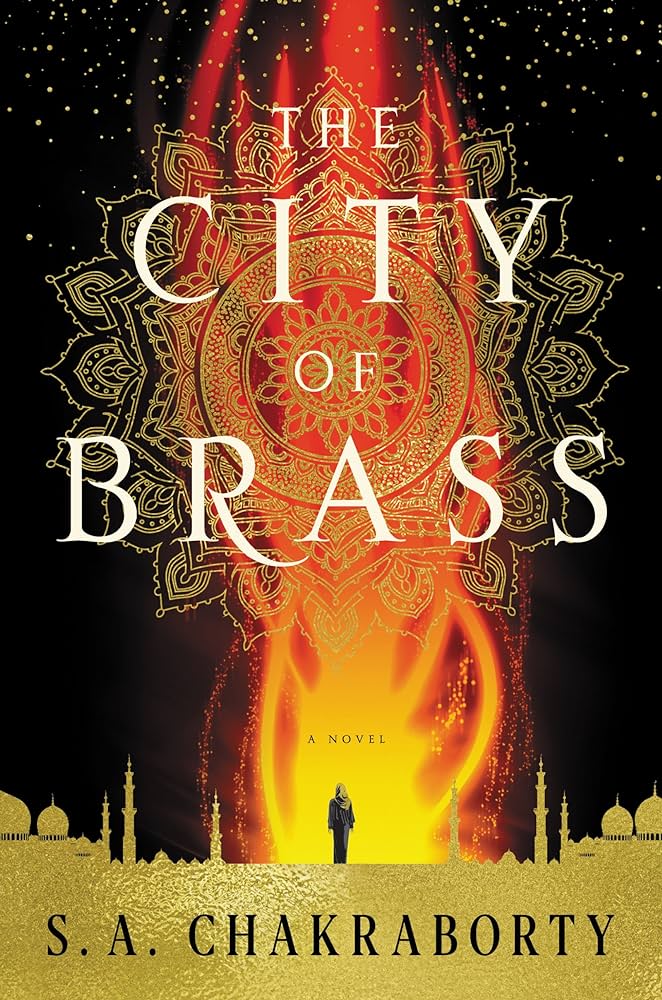
The City of Brass by S. A. Chakraborty***
**Book Hangover Alert
Daevabad Trilogy book 1 of 3
CW: fantasy racism, genocide, child trafficking
This book was excellent. Street thief scam artist Nahri accidentally calls up a djinn while doing a fake exorcism on the streets of Cairo. This results in the discovery that she is part djinn and the ifrit are after her. So the djinn she calls up takes her to Daevabad, a city of djinn, where she has to learn to survive the intrigue of the court. The whole ending was a wild ride and I could barely keep myself from throwing the book against the wall (which would have been bad because I was reading the e-version on my iPad). It was so good. I loved the world and the characters and the intrigue. Super excited to read the rest of the series.
5/5 djinn
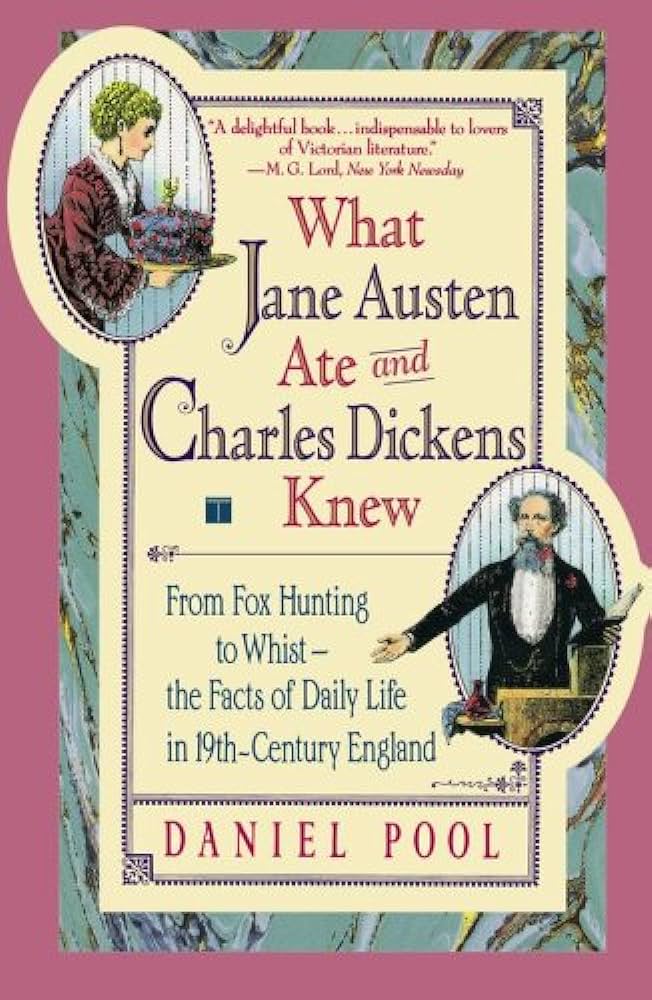
What Jane Austen Ate and Charles Dickens Knew: From Fox Hunting to Whist–the Facts of Daily Life in Nineteenth-Century England by Daniel Pool*
I read this one for research as well. It is also a Victorian history book, referencing a lot of things from Victorian novels that are confusing for modern readers. I thought it was a little more useful for my purposes than the Writer’s Guide above, but it could have had more info about death, mourning, and grieving. It does not matter how many Victorian history books I read, I will never understand what English pudding is. (One other interesting thing I learned from this book was that lady’s maids were known as abigails which is actually referenced in Annie Bot–the androids in cleaning and housekeeping mode are called Abigails.)
3/5 types of pudding
*This book only includes straight, white, cis people. The main character of Annie Bot is technically not white (the man who owns Annie the android chooses to model her on his Black ex-girlfriend, but made her skin a few shades lighter). But the book doesn’t really engage much with racism, so I’m still giving it this designation. What Jane Austen Ate and Charles Dickens Knew has one paragraph on gay men.
**Book Hangover Alert indicates the kind of book that will leave you full up on love. Satisfied, but wishing the book never had to end. You’ll be laying on the floor with no idea what to do with yourself (other friends have called this feeling Good Book Depression or say that certain books necessitate Floor Time). This is the kind of book that gets its teeth in you and won’t let go easily. After the last page you’ll be thinking about this book for a long time. You’ll bother all your friends trying to get them to read it so that you won’t be alone in your Hangover.
***This book is part of my Books for a Social Conscience series! Read The Story of Art without Men to acknowledge the amazing contribution to art that women, trans, and nonbinary people have made. Read The City of Brass for an amazing Middle Eastern inspired fantasy with some LGBTQIA+ rep.
Reads marked as part of the Books for a Social Conscience series will regularly address topics like race and racism, colonialism and post-colonialism, LGBTQIA+ experience, feminism, BIPOC experience, social and political issues, history, identity, class, disability experience, immigration, gun violence, poverty, colorism, environmentalism, and more! The goal of these books is to diversify the stories we’re reading, grow our empathy for those who are different from us, and amplify voices who are often silenced.
